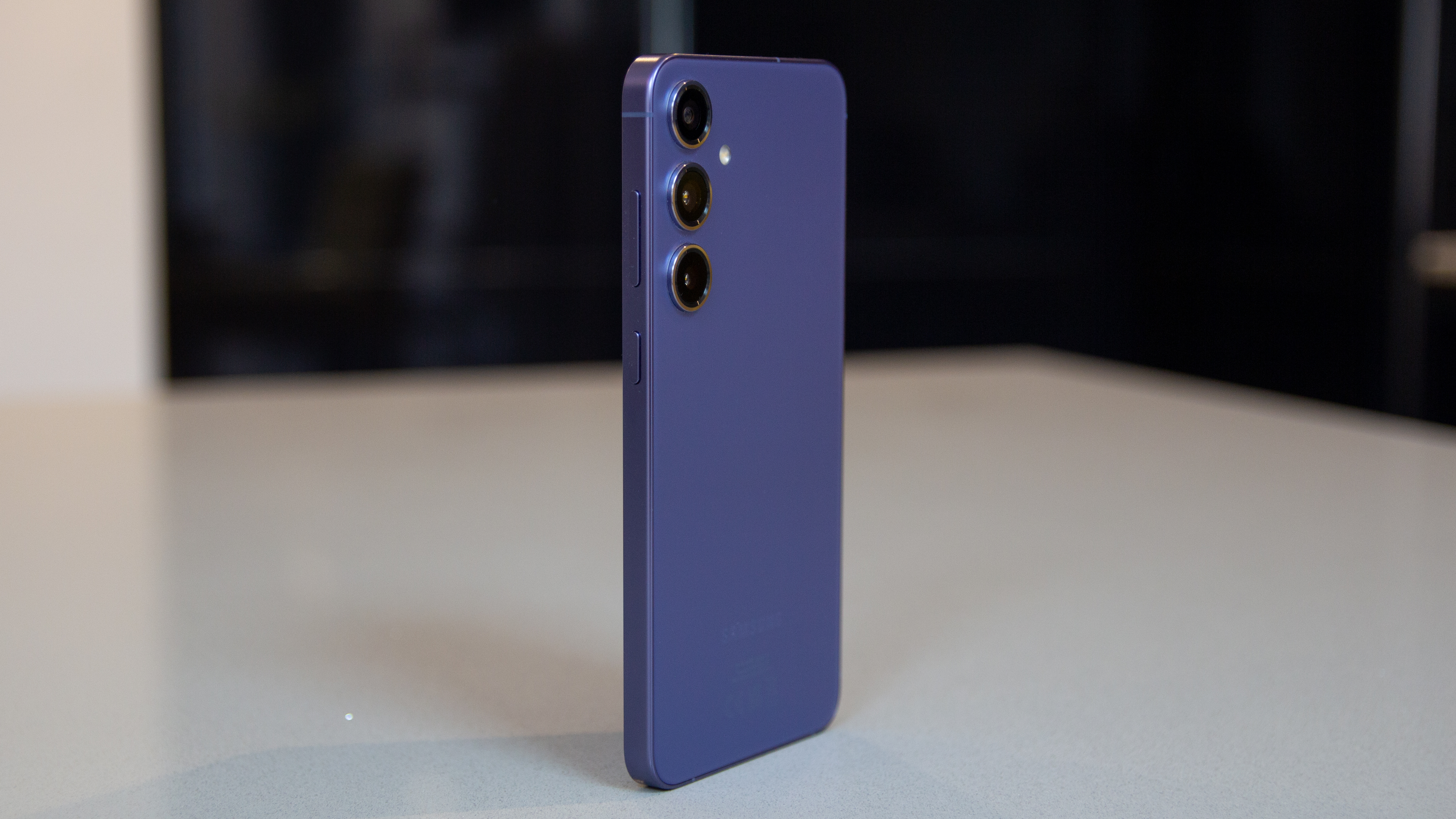

Quick summary
Samsung is reportedly planning to drop Snapdragon processors altogether for its next flagship phones, the Samsung Galaxy S25 Series.
This move suggests that Samsung is growing confident in the performance of its own Exynos hardware.
For a number of years, Samsung has switched between Qualcomm's Snapdragon hardware and its own Exynos hardware to power its flagship devices. Typically, China and the US get Snapdragon, while the UK, Europe and other regions get Exynos. That might all come to an end with the launch of the Samsung Galaxy S25.
Rumours suggest (via 91mobiles) that Samsung plans to make the switch for the Samsung Galaxy S25 Series so that it's all Exynos powered. That will be the Exynos 2500 specifically and see the Snapdragon 8 Gen 4 ditched.
Samsung has been back and forth with its hardware over the past few years. The Samsung Galaxy S23 Series was notable because it was all Snapdragon, globally, with Samsung making a big deal of the Snapdragon for Galaxy hardware that powered it. It was a surprise to see Samsung switch back to Exynos in the Galaxy S24, but that might indicate a growing confidence in the performance of its own hardware.
Samsung has long been known to want to use its own hardware exclusively in handsets, but this switch might be more complicated than it first appears.
Why is Samsung planning this change now?
It has been suggested that Samsung might be planning to move the Galaxy S devices onto Exynos globally, while sticking with Snapdragon hardware on the Galaxy Z. That would perhaps reposition the folding phones as the true flagship models above Galaxy S in the mind of some customers.
Certainly, the Galaxy Z Fold models have been much more expensive than the Galaxy S, but the Z Flip has not. In many ways, the Galaxy Z Flip makes compromises when compared to the top Galaxy S models, but it's still one of the best folding phones you can buy.
The strategy might allow differentiation between the different model families, but that nuance might be lost on many buyers. Ultimately, I suspect that the real motivator will be price. Using Exynos hardware is likely to have lower cost implications for Samsung and that could allow Samsung to either increase its profit margin on devices, or lower prices to increase attractiveness compared to cheaper rivals.
Sign up to the T3 newsletter for smarter living straight to your inbox
Get all the latest news, reviews, deals and buying guides on gorgeous tech, home and active products from the T3 experts
How different is the performance of these chips? From personal experience, it's likely that in previous generations of Exynos and Snapdragon hardware in device, many customers would never notice the difference. There will always be differences in benchmarking performance, but for many smartphone users browsing, on social media, using Google Maps, there's very little difference.
Snapdragon is generally known for offering better graphical performance, but that might only impact on hardcore mobile gamers; Exynos has, at times, offered better battery life. Ultimately, when it comes to this new hardware, both are still in development and the relative performance of this hardware remains to be seen.
Chris has been writing about consumer tech for over 15 years. Formerly the Editor-in-Chief of Pocket-lint, he's covered just about every product launched, witnessed the birth of Android, the evolution of 5G, and the drive towards electric cars. You name it and Chris has written about it, driven it or reviewed it. Now working as a freelance technology expert, Chris' experience sees him covering all aspects of smartphones, smart homes and anything else connected. Chris has been published in titles as diverse as Computer Active and Autocar, and regularly appears on BBC News, BBC Radio, Sky, Monocle and Times Radio. He was once even on The Apprentice... but we don't talk about that.
-
 Build unshakeable core strength with a kettlebell and these three exercises
Build unshakeable core strength with a kettlebell and these three exercisesAdd this to the end of your workout to fire up your midsection muscles
By Bryony Firth-Bernard Published
-
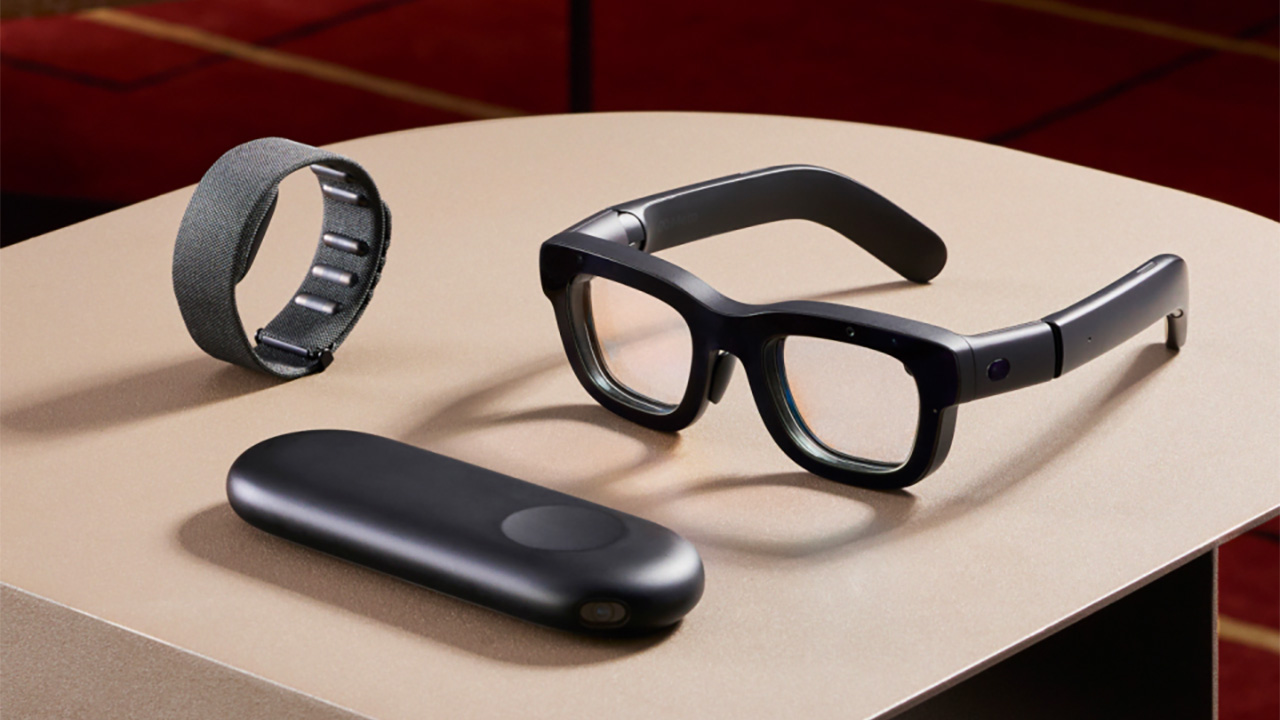 The next big tech battlefield is AR Glasses – and Apple is ready to fight
The next big tech battlefield is AR Glasses – and Apple is ready to fightTim Cook is said to "care about nothing else"
By Sam Cross Published
-
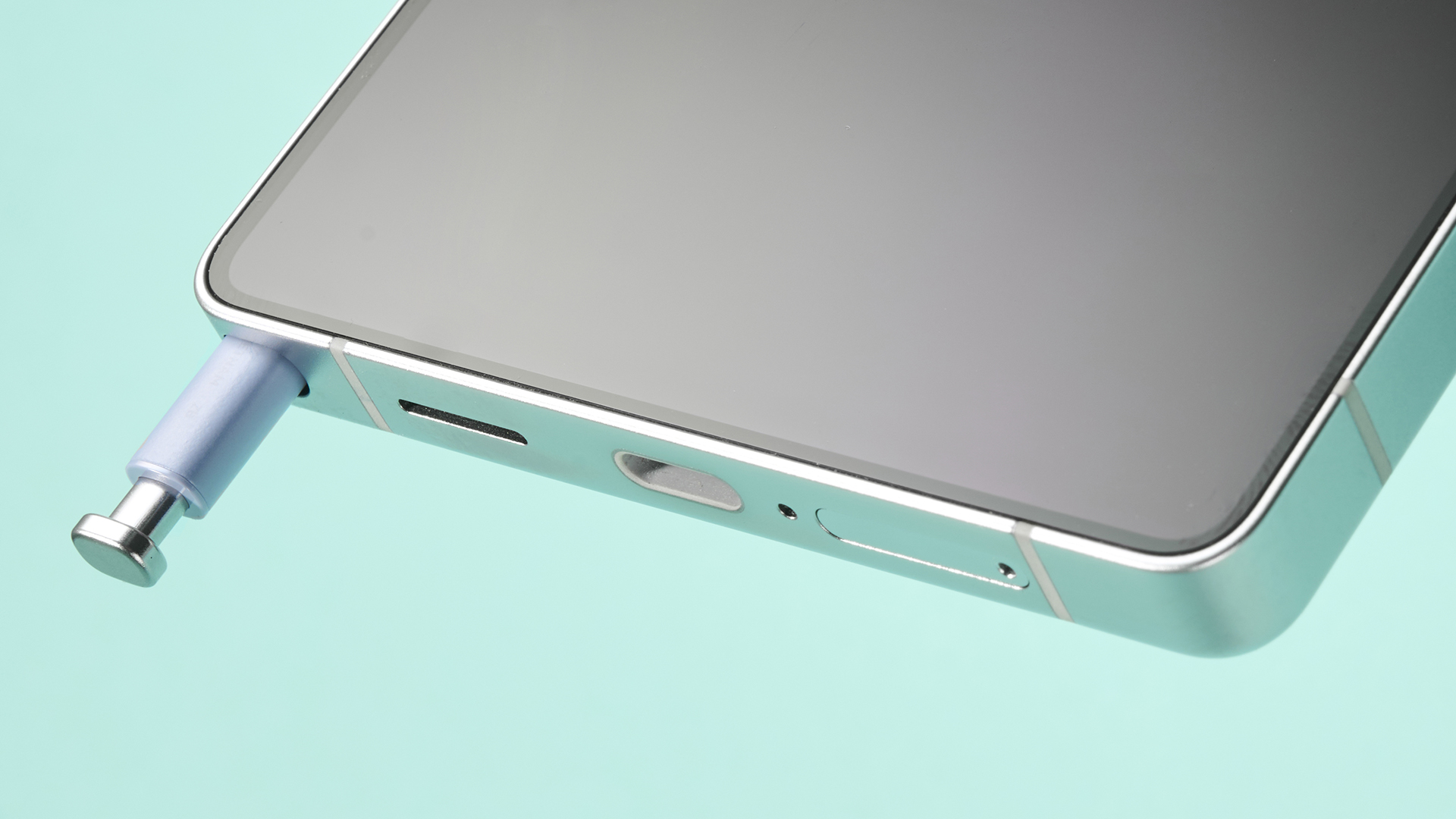 Samsung Galaxy devices could lose a unique feature after all
Samsung Galaxy devices could lose a unique feature after allThat's despite recent claims to the contrary
By Sam Cross Published
-
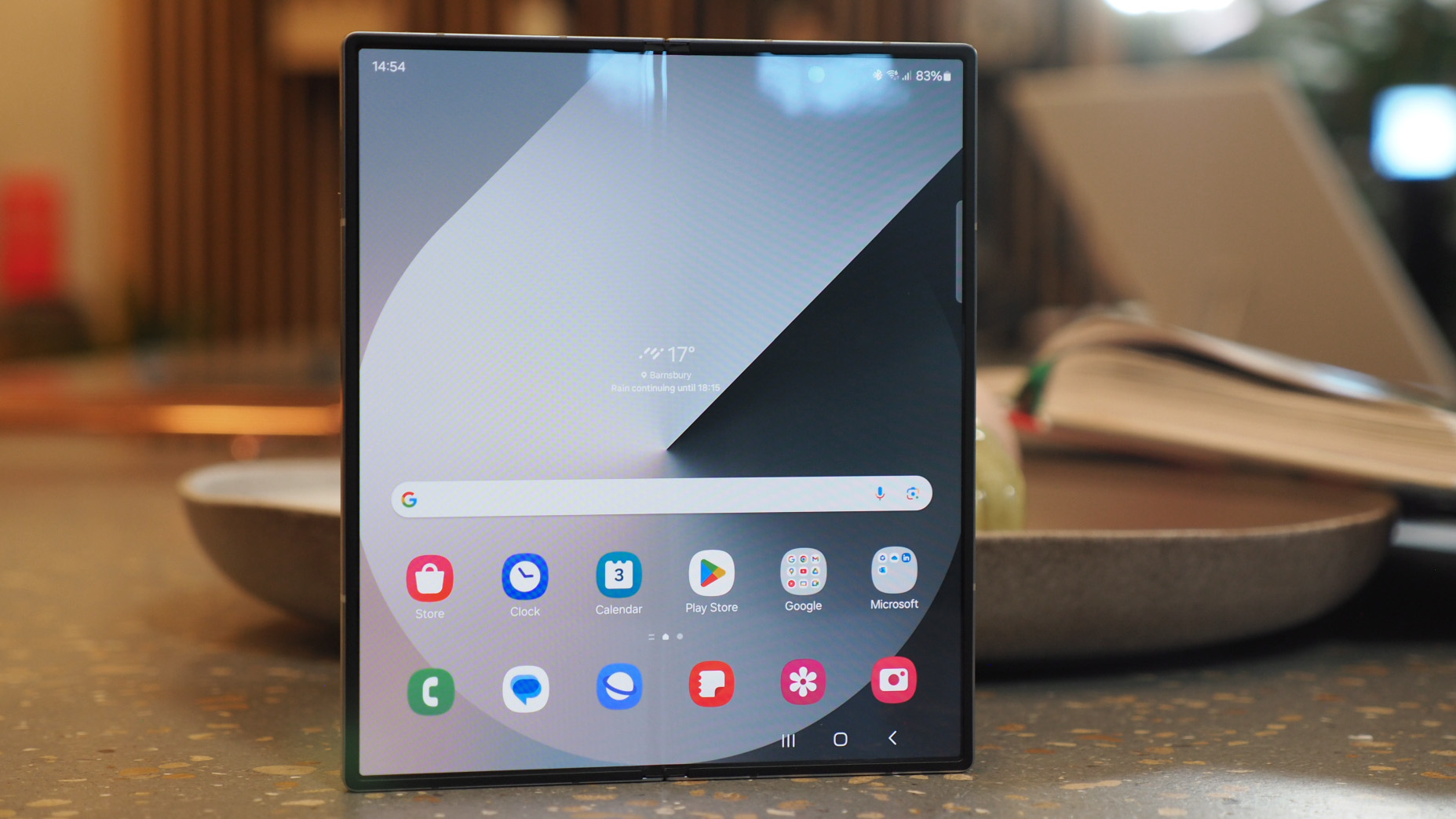 Samsung Galaxy handsets could get a massive free software upgrade as soon as this summer
Samsung Galaxy handsets could get a massive free software upgrade as soon as this summerThat's way sooner than expected
By Sam Cross Published
-
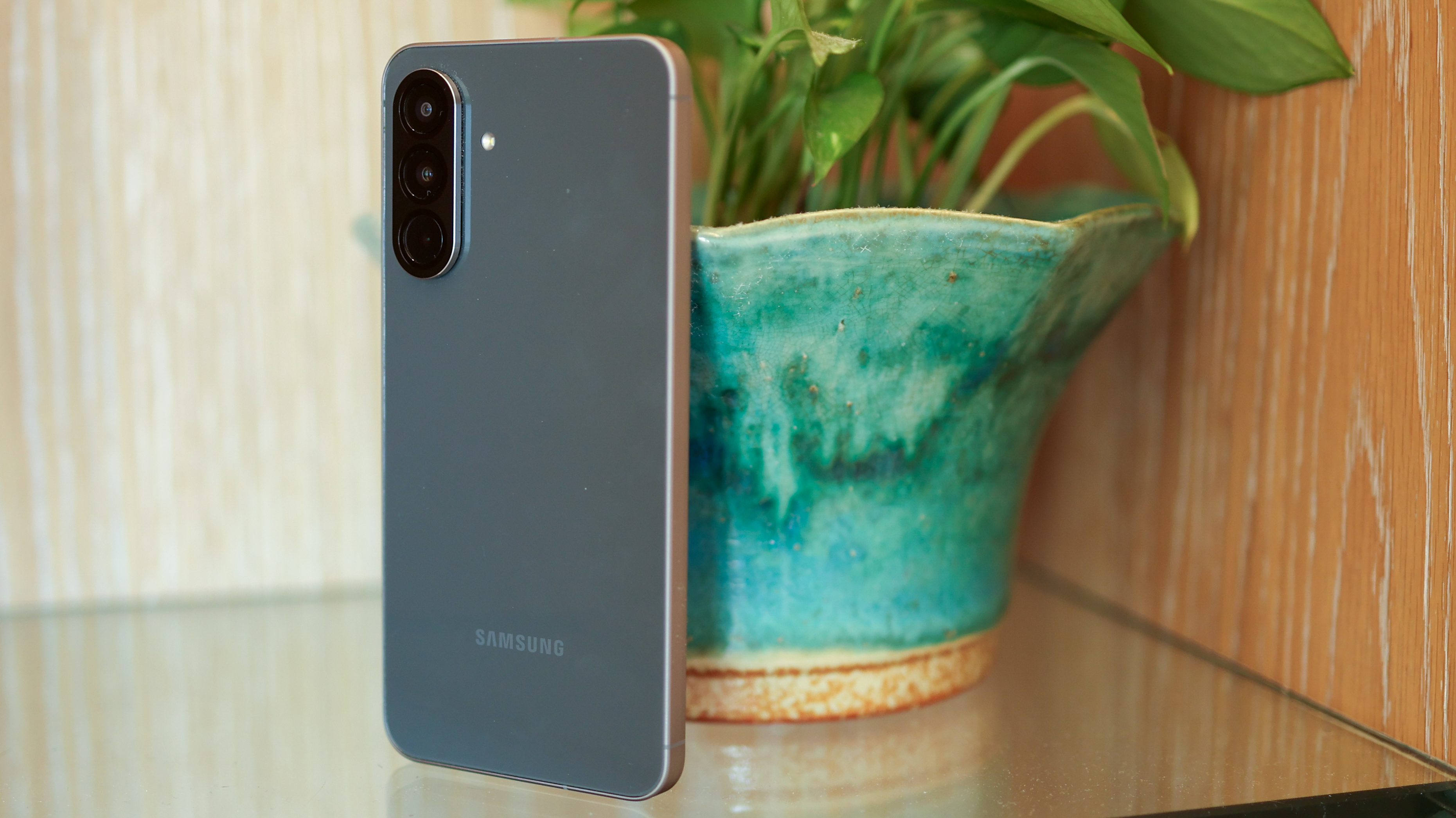 Samsung's affordable phones get Awesome Intelligence upgrade for free
Samsung's affordable phones get Awesome Intelligence upgrade for freeAnd its available to install right now
By Britta O'Boyle Published
-
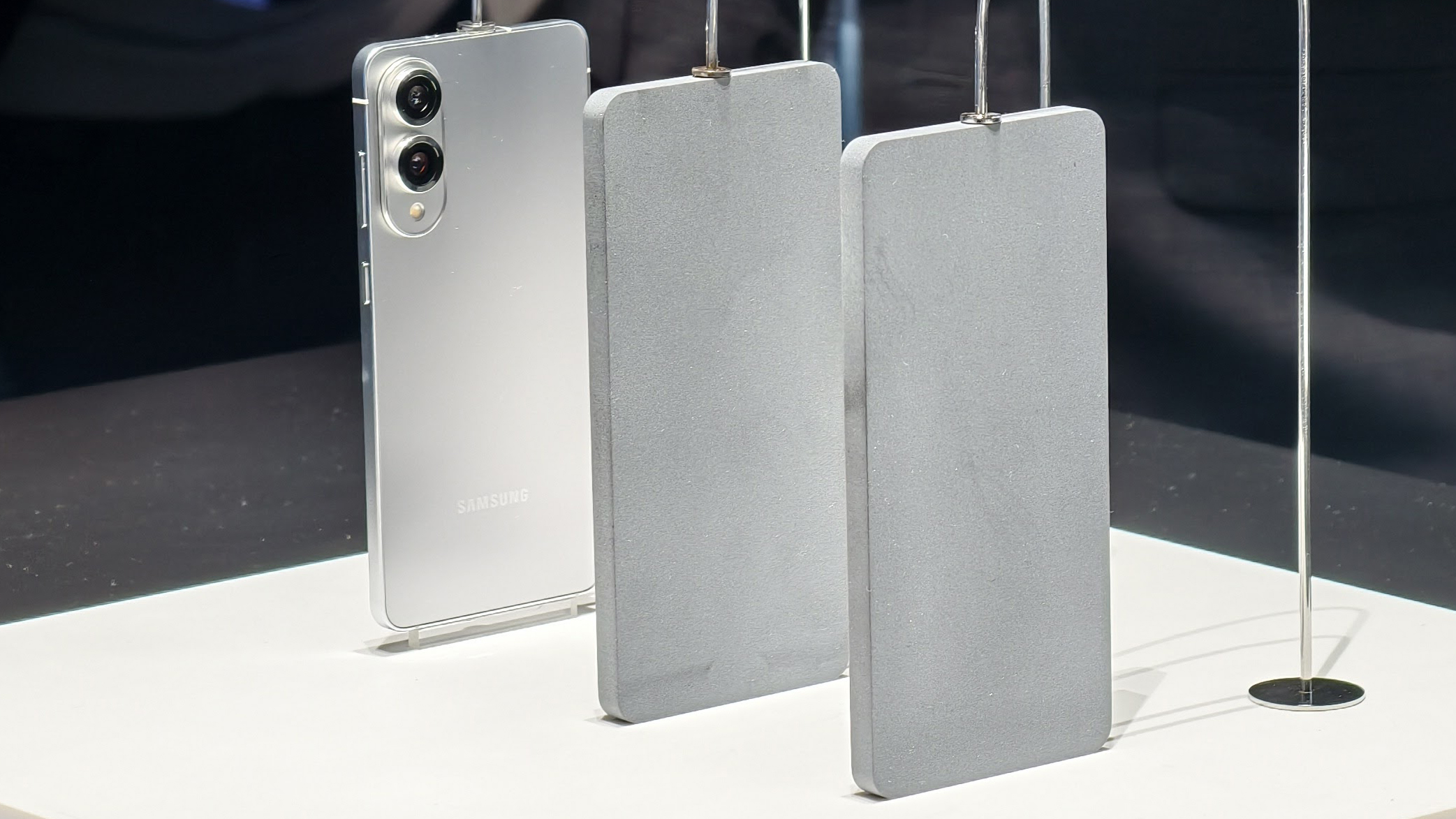 Samsung Galaxy S25 Edge could launch sooner than expected, because of space and time
Samsung Galaxy S25 Edge could launch sooner than expected, because of space and timeYou don't have to be a Doctor to realise why
By Britta O'Boyle Published
-
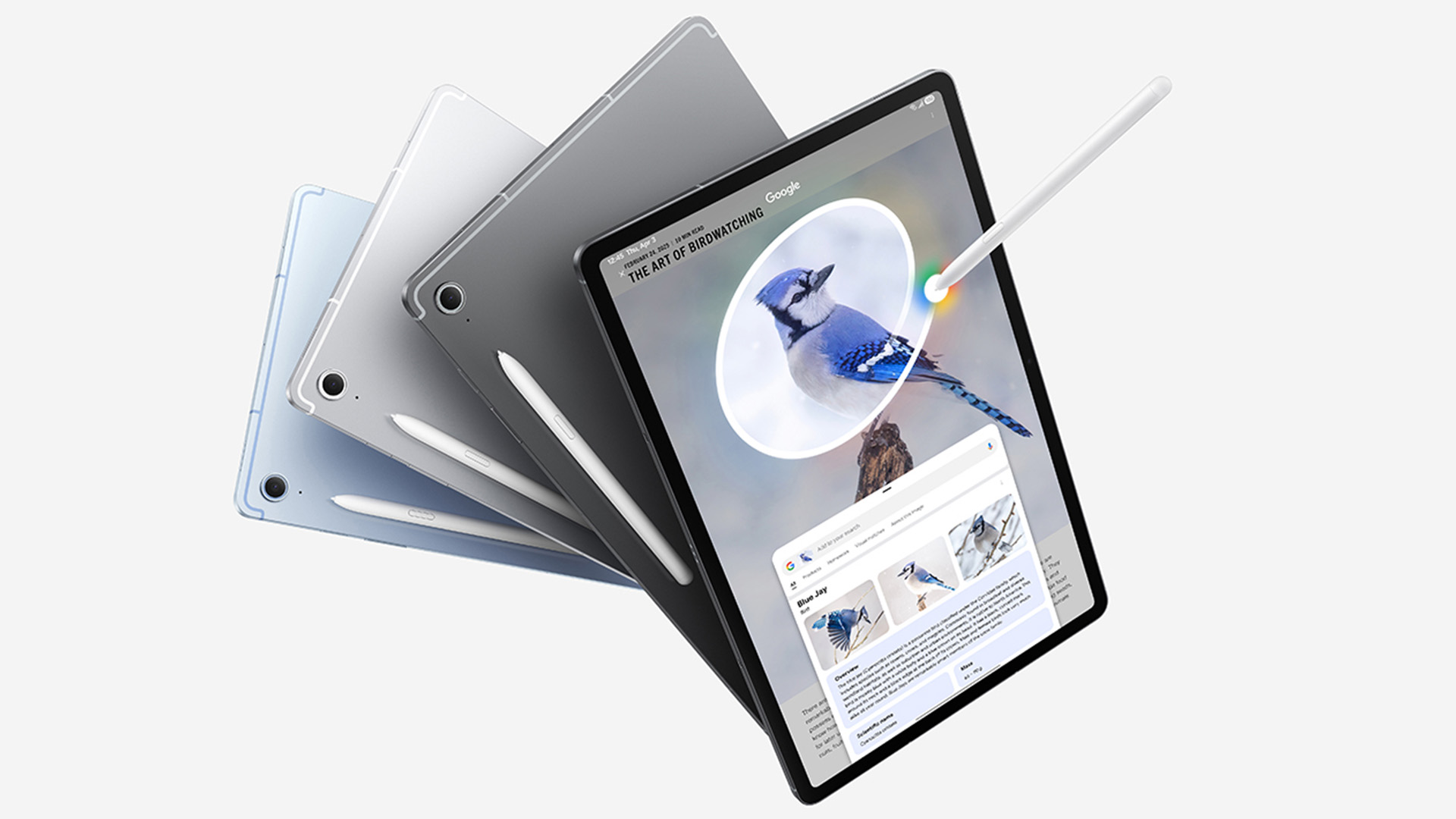 The Galaxy Tab S10 FE might be Samsung's best-value tablet yet
The Galaxy Tab S10 FE might be Samsung's best-value tablet yetA great new semi-premium entrypoint
By Max Freeman-Mills Published
-
 Samsung's bezel breakthrough could slash the cost of big-screen 8K OLED TVs
Samsung's bezel breakthrough could slash the cost of big-screen 8K OLED TVsMassive TV panels are really hard to make – so why not just tile multiple smaller ones instead?
By Carrie Marshall Published
-
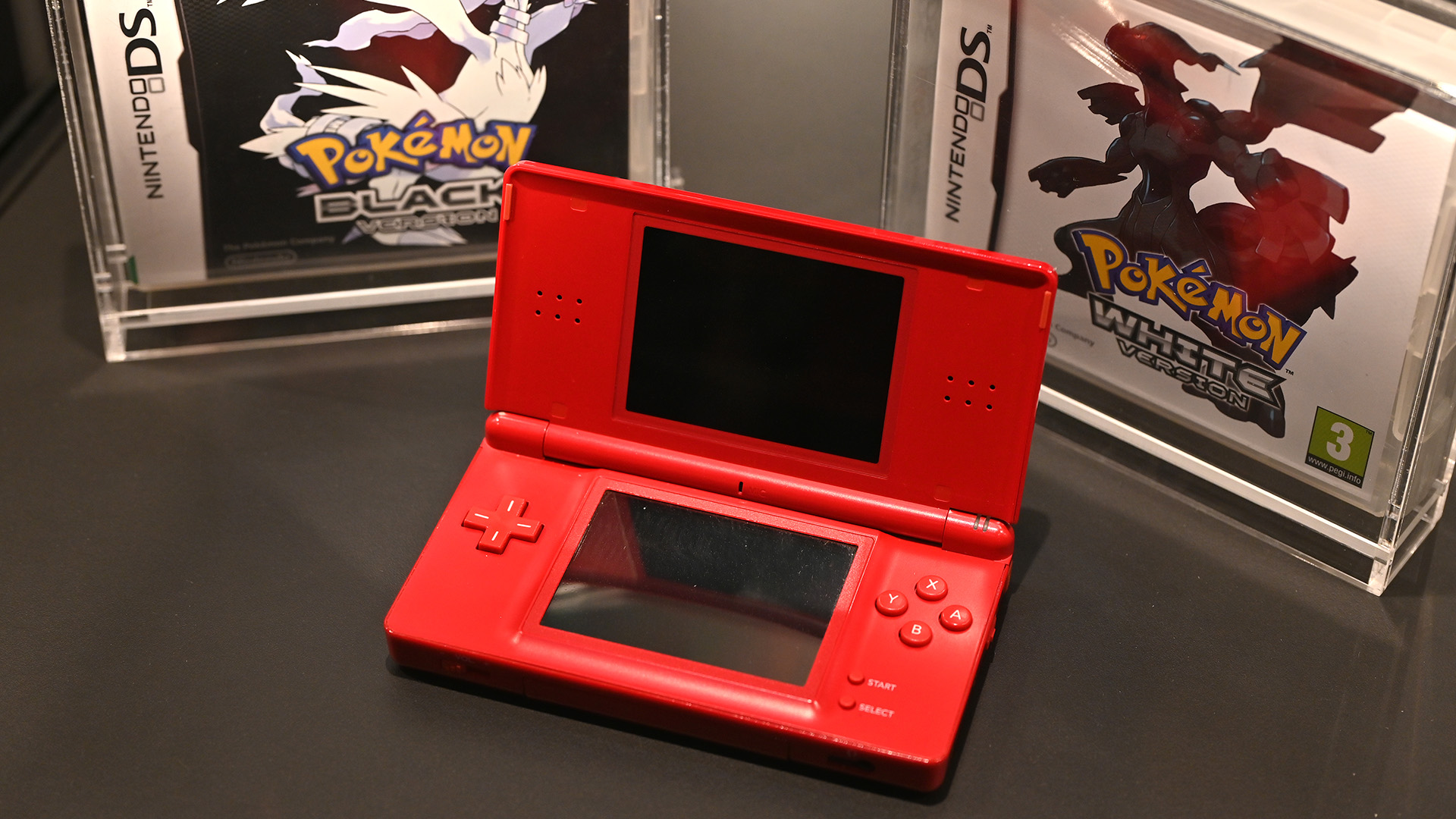 Samsung wants to turn the Z Flip phone into a Nintendo DS
Samsung wants to turn the Z Flip phone into a Nintendo DSA patent discovery shows an interesting accessory for the Z Flip foldable
By Rik Henderson Published
-
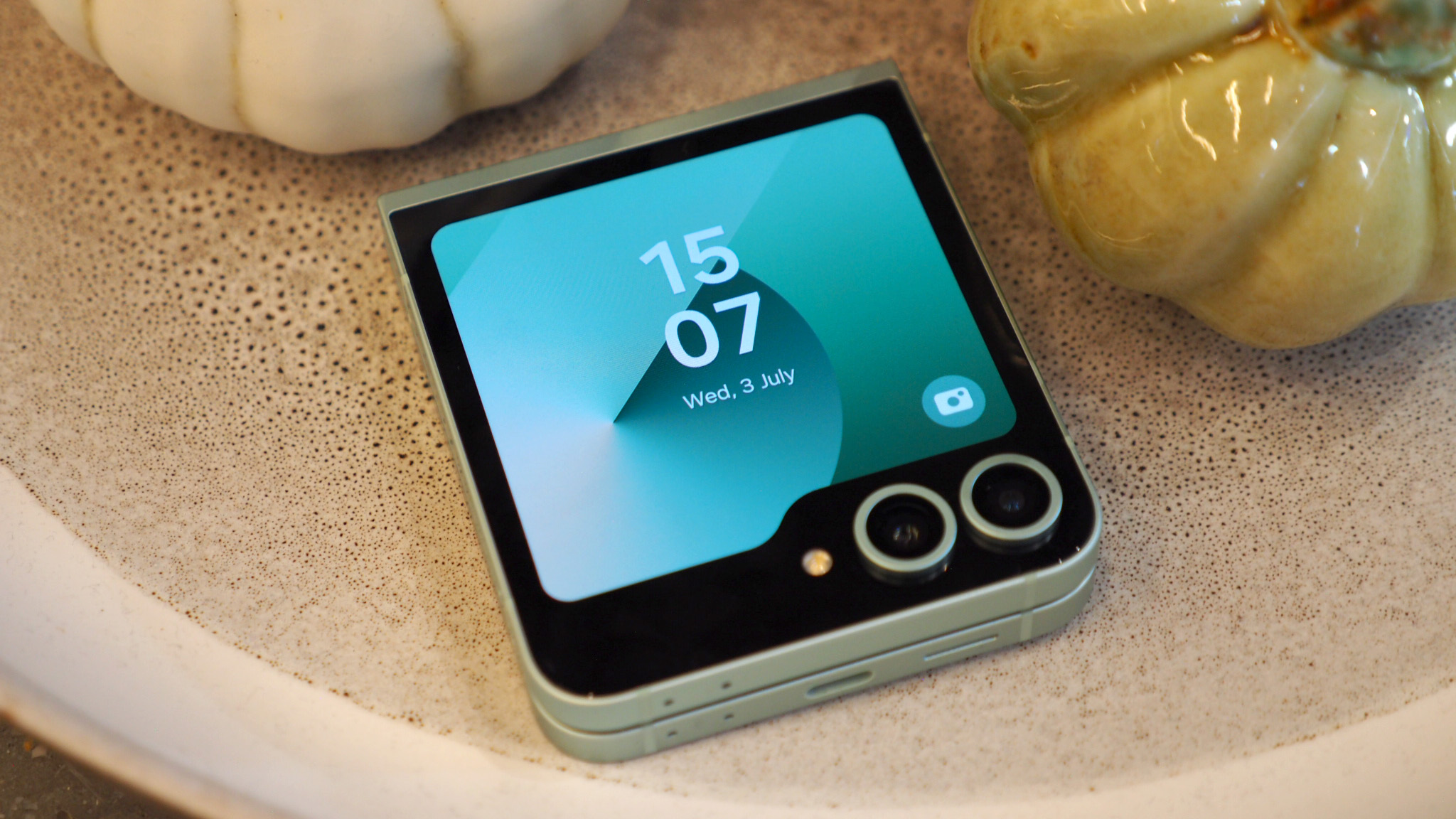 Leaked Samsung Galaxy Z Flip 7 FE images make us simply ask, "Why?"
Leaked Samsung Galaxy Z Flip 7 FE images make us simply ask, "Why?"Well, and when?
By Britta O'Boyle Published